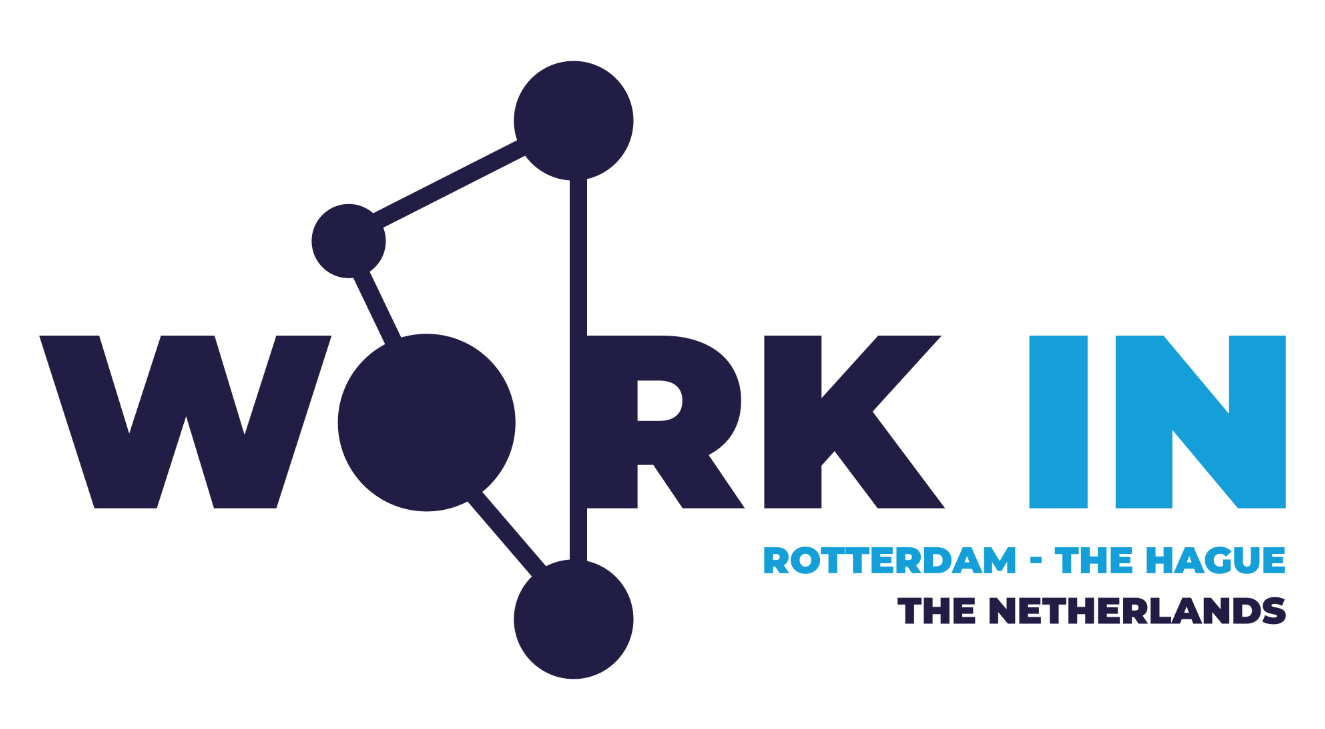PhD Machine Learning for Monitoring of North Sea Habitat Characteristics Using Underwater Acoustics

Delft University of Technology (TU Delft)
Job description
The spatial planning and use of the North Sea over the next 30 years will be fundamentally shaped by the ongoing shift away from fossil (oil and gas) to renewable (primarily wind) energy. In addition, the North Sea will be used for e.g. shipping and military and sand mining activities. At the same time the North Sea is a key eco system that provides habitat to different type of sea life. To secure the requirements for these different activities, while preserving good sea life habitat conditons requires informed spatial planning. Underwater acoustic imaging is a sensing technique that provides detailed (up to dm spatial resolution) information on sea floor characteristics. It provides not only water depth but also details on the compositon of the sea floor. As such, it could provide valuable input for sea floor characterization, that could be directly linked to different habitat types. A challenge however is that underwater acoustic data, allhough widely available, is not available in standard, comparable formats, which hampers the extraction of information in a standardized workflow: data for different areas and times has been acquired using different sensors, while the simultaneous use of data of acoustic measurement systems requires careful tuning.
The research is part of the No-Regrets project which stands for North Sea Renewable Energy: Gaining the Required Ecological Knowledge for the Transition, funded by the Netherlands Organisation of Scientific Research (NWO), and involving different Dutch research institues and stakeholder organizations. Two Delft faculties are involved. The current position is at the advertised faculty due to the group's long term expertise in acoustics and will be carried out in close cooperation between the two faculties and with TNO (The Hague). The project aims to support the North Sea energy transition in a way that is environmentally sustainable, societally equitable, and that safeguards economic viability.
Your duties:
- Definition of suitable sea floor habitat indicators in cooperation with project partners, and linking these indicators to acoustic and possibly other remote sensing data.
- Unification of available data sets using suitable stochastic and machine learning technqiues.
- Fusion of data from different systems data for example using common features extracted by e.g. Fourier, geostatistcs and machine learning.
- Estimation of seafloor habitat indicators from the fused and in situ-enriched dataset, with an emphasis on developing methods for robust change detection and long-term monitoring of habitat dynamics.
- Present your work at international conferences and publish your results in peer-reviewed journals, a GitHub repository and a PhD Thesis.
Requirements
The focal point of this position is the theoretical foundation of statistical machine learning, with applications to seafloor acoustic classification. Candidates are required to have a good background in mathematical statistics, signal processing, and machine learning, coupled with a demonstrated capability to find elegant and creative solutions to challenging problems. You also should be able to work independently or in a group. In addition, you are motivated to interact with and coach master students, while enhancing your own skills and competencies.
You also have:
- MSc degree in Aerospace Engineering, Applied Earth Sciences, Remote Sensing, Applied Physics, Computer Sciences, or related discipline.
- Affinity with geospatial data
- Excellent ability to think conceptually and quantitatively;
- Experience with big data processing, statistical analysis, machine learning and visualisation;
- Excellent programming skills, for example in Python or C++;
- Good ability to communicate in English, both orally and in writing;
- Good organisational skills and ability to work independently in a multidisciplinary team of researchers.
TU Delft
Delft University of Technology is built on strong foundations. As creators of the world-famous Dutch waterworks and pioneers in biotech, TU Delft is a top international university combining science, engineering and design. It delivers world class results in education, research and innovation to address challenges in the areas of energy, climate, mobility, health and digital society. For generations, our engineers have proven to be entrepreneurial problem-solvers, both in business and in a social context.
At TU Delft we embrace diversity as one of our core values and we actively engage to be a university where you feel at home and can flourish. We value different perspectives and qualities. We believe this makes our work more innovative, the TU Delft community more vibrant and the world more just. Together, we imagine, invent and create solutions using technology to have a positive impact on a global scale. That is why we invite you to apply. Your application will receive fair consideration.
Challenge. Change. Impact!
Faculty Aerospace Engineering
The Faculty of Aerospace Engineering at Delft University of Technology is one of the world’s most highly ranked (and most comprehensive) research, education and innovation communities devoted entirely to aerospace engineering. More than 200 science staff, around 270 PhD candidates and close to 3000 BSc and MSc students apply aerospace engineering disciplines to address the global societal challenges that threaten us today, climate change without doubt being the most important. Our focal subjects: sustainable aerospace, big data and artificial intelligence, bio-inspired engineering and smart instruments and systems. Working at the faculty means working together. With partners in other faculties, knowledge institutes, governments and industry, both aerospace and non-aerospace. Working in field labs and innovation hubs on our university campus and beyond.
Click here to go to the website of the Faculty of Aerospace Engineering.
Conditions of employment
Doctoral candidates will be offered a 4-year period of employment in principle, but in the form of 2 employment contracts. An initial 1,5 year contract with an official go/no go progress assessment within 15 months. Followed by an additional contract for the remaining 2,5 years assuming everything goes well and performance requirements are met.
Salary and benefits are in accordance with the Collective Labour Agreement for Dutch Universities, increasing from € 2901 per month in the first year to € 3707 in the fourth year. As a PhD candidate you will be enrolled in the TU Delft Graduate School. The TU Delft Graduate School provides an inspiring research environment with an excellent team of supervisors, academic staff and a mentor. The Doctoral Education Programme is aimed at developing your transferable, discipline-related and research skills.
The TU Delft offers a customisable compensation package, discounts on health insurance, and a monthly work costs contribution. Flexible work schedules can be arranged.
Will you need to relocate to the Netherlands for this job? TU Delft is committed to make your move as smooth as possible! The HR unit, Coming to Delft Service, offers information on their website to help you prepare your relocation. In addition, Coming to Delft Service organises events to help you settle in the Netherlands, and expand your (social) network in Delft. A Dual Career Programme is available, to support your accompanying partner with their job search in the Netherlands.
Additional information
If you would like more information about this vacancy or the selection procedure, please contact Dr. Alireza Amiri-Simkooei, via a.amirisimkooei@tudelft.nl.
Application procedure
Are you interested in this vacancy? Please apply no later than 10 June 2025 via the application button and upload the following documents:
-
A letter of application (max 1 page, please provide detailed insights into your background, expertise, and the approach you use to address this research project).
-
A Curriculum Vitae that includes (a) your educational record, (b) a list of publications (if any), and (c) work experience (if any).
-
A first and concise indication of research questions and the methodology that you would propose for the project (in max 400 words);
-
Transcripts of your BSc and MSc (list of courses taken and grades - in English).
-
A statement on English language proficiency.
-
Names and contact information of at three relevant references. We will not contact references without your consent.
You can address your application to Dr. Alireza Amiri-Simkooei. This particular PhD position will be supervised in close cooperation with TNO-FEL. It is anticipated that the PhD candidate will spend one day a week at the premises of TNO in The Hague. Job interviews with up to four candidates for this position will be scheduled in June and July 2025. Should further assessments be necessary, selected candidates will undergo additional activities as part of the final selection process.
Doing a PhD at TU Delft requires English proficiency at a certain level to ensure that the candidate is able to communicate and interact well, participate in English-taught Doctoral Education courses, and write scientific articles and a final thesis. For more details please check the Graduate Schools Admission Requirements.
Please note:
- You can apply online. We will not process applications sent by email and/or post.
- A pre-employment screening can be part of the selection procedure.
- For the final candidates, a knowledge security check will be part of the application procedure. For more information on this check, please consult Chapter 8 of the National Knowledge Security Guidelines. We carry out this check on the basis of legitimate interest.
- Please do not contact us for unsolicited services.

